As I look ahead to my Best Movie Bracket for 2005, I had to acknowledge a blind spot that I have missed over the years. Back when Brokeback Mountain was released in 2005, I was just beginning my stint as a youth minister after finishing my Bachelors of Theology. I was definitely into movies, but I was not watching them with the same eyes or frequency that I see them today. I would have likely been in the camp of Christians who followed their conscience and decided to completely abstain from the film and sadly to avoid even the discussion of its themes, happy to be cloistered away with other likeminded people.
I am a different person than I was then. Life as a pastor, manager, father and husband for over a decade has changed my perspective. I won’t say that it has changed for the better because I can certainly see where my conservative Christian brethren are coming from. However, I believe that I have the responsibility as a Christian to see the film and to offer my opinion on it from a biblical perspective. I’m afraid that most of the reviews that I read in those days were in two camps. Either reviewers loved the film and sang the praises of the cinematography, bucolic setting, and powerful performances, or they condemned the film as immoral or dirty with little explanation as to the reason behind their emotional response except for “the Bible says it’s wrong.”
As a Christian and a movie critic I have a set of lenses that I view every film through. But let’s not act like this is a unique scenario. Everyone who shares their opinion of a film sees it through the lenses of their life. Those lenses could be republican, democrat, liberal, conservative, racist, sexist, feminist, black, white, rich, poor, urban, or rural. The list is as long as the human experience. We don’t generally see movie critics come out sharing their particular lenses. Instead, we have to reverse engineer the way they see the world through the reviews they give. My point is that no one comes to a film as completely objective. We all have preconceptions, experiences, and beliefs that shape our opinions and color our world. How boring would things be if we were all cookie cutter copies of each other with the same passions, interests, and desires?
However, we must also understand that many (if not all) dramatic filmmakers are trying to say something with their film, not just providing 2 hours of celluloid to entertain the audience. As a theology student and later as a pastor, I spent years studying the Bible for meaning and interpreting its words to teach believers how they should implement the words and lessons that they encountered. I approach films in much the same way. There is a lesson to be found. If I walk out of a film the same as I walked in, I feel cheated. It’s as if I dove into a pool only to find that there is no water.
However, film works almost imperceptibly at times. Because of the medium, the message comes through almost so well that it hits us directly at an unconscious level. This is unlike the Bible that is often shrouded in mystery because of thousands of years of changes in culture, location, and language. The Bible often takes time and study to uncover meaning. We have to pull the meaning out of the text. That is the same with film. However, in that case, we are pulling the meaning out of ourselves to see things through the eyes of the writer, the characters, and the filmmaker.
As a Christian, there are behaviors which I believe are sinful. However, if I limited my movie viewing only to this without portrayals of sin, I would never enter the theater or turn on the television. Because every person besides Jesus that enters the frame is a sinner in some form or fashion. So I have no trouble looking at this film and calling out the sinful behaviors that I see. However, the presence of these behaviors does not make the film any worse or any better. Whether it is the dishonest way that Aguirre is having them tend his sheep, the premarital sex that we see between Jack and Lureen, or the consistent lying that surrounds their illicit relationship, there is plenty of sin to go around. This film could have just as easily left out the homosexual relationship and had the two men destroy their relationships by being inattentive and selfish (which they are). But that would miss the message that Director Ang Lee is trying to communicate.
The basic premise is that two cowboys, Jack and Ennis, take a job tending to sheep in the Brokeback Mountains of Wyoming. The two grow close on the trip and on a particularly cold night they share a tent and things get physical. After this summer job they go their separate ways to their own lives. Ennis gets married to Alma as he planned before the summer and she has two girls rather quickly. Soon, four years have passed and Jack finds Ennis and they have a sordid reunion. Ennis insists that they cannot be together and Jack settles down with Lureen, a fellow rodeo professional, and they soon have a son. Jack and Ennis however keep up their relationship under that pretense of hunting and fishing trips. However, they retreat to the place where their relationship began and argue about whether or not they can leave all that they have tied themselves to in order to be together.
Brokeback Mountain is trying to say, if these two men were allowed by society and their own consciences to love (and consequently have sex with) whomever they chose, then they would have been happy and their wives would not have had to suffer through loveless marriages. But I have heard some who make it sound like the solution is to have them forget all about their one-time fling and go home to their marriages and focus on their wives and families. However, I would disagree with this as well. Sure it would be great for these men to treat their wives with love and respect and to care for their children, but doing these things would not be any more redemptive than their “fishing trips” which don’t feature any fishing. In fact, the natural setting of their very unnatural relationship is probably the most insidious and disturbing part of the film. The wives do not push their husbands away, yet home is seen as a trap while their “forbidden love” is shown as peaceful and natural.
Before I say anything else, I should say that I believe this film deserved the praise that it received. It was a difficult film to make, though Ang Lee never felt that until after it was released and started to gain traction. The performances specifically from Michelle Williams and Heath Ledger are spectacular. Ledger is so stoic in his portrayal that when he does peel back the layers to reveal emotion it is very effective. Williams crushes it with one scene in which she discovers that her husband’s fishing buddy is more than a friend. Her eyes show all the betrayal that she dare not utter. She knows it to be true but keeps it locked away hoping that maybe she was just seeing things. I think the biggest flaw of the film is that we don’t get to see enough of the families. We are so wrapped up in the affair of the two men that we are left guessing about what is going on at home. I would love to see the exact same story told through Alma and Lureen’s eyes. I believe that it would be an even more engaging and heartbreaking tale. From a technical standpoint I would give this film high marks but the story seems to be lacking.
In an interview, when Ang Lee was asked if he practices any particular religion, he said,
No, my mother is a baptized Christian, so she made me go to church every Sunday, and I prayed four times a day until I was 14. And at lunchtime kids at school would giggle at my praying…I stopped praying. And two weeks later, nothing happened to me, so I didn’t pick it up again.
I am not particularly religious. But I think we do face the question of where God is, why we are created and where does life go, why we exist. That sort of thing. And it is very hard to talk about it these days, because it cannot be proven. It is hard to discuss it rationally.
Given his experience with organized religion, I’m surprised we don’t see it play more of a role in the film. We are given 3-4 hints of the religious culture of the late 60s and 70s that they are living in. On their first summer together Jack and Ennis discuss their upbringings. Jack speaks of the Pentecost as if it is the day of judgement, and Ennis is just as ignorant saying that his parents were Methodist. Alma and Ennis are married in a religious wedding and we hear of church events that Alma and the girls want to attend. Ennis calls them “that fire and brimstone crowd.” This tells us a lot about both Ennis and the religious people who surrounded him. He characterizes the church people as a judgmental group, but we have no way of knowing if this is because they truly are or because they don’t make him feel good about himself because of his behavior.
I will be wide open in saying that I believe homosexuality is a sin, but I also believe adultery and premarital sex are sins. However, none of these sins are unforgivable. That is the beauty of Christianity. It is not all about guilt and judgement, but grace and redemption. I believe that Brokeback Mountain is a harsh and stark image of sin in a fallen world. In Ang Lee’s world where God is an absentee landlord who makes threats but doesn’t really have the power to carry them out, this life is as good as it gets. If that is the truth then I would say that Jack and Ennis should run off together and live with passion and do everything they want because one day they will die and that will be the end.
That is where I believe Jack is coming from. That is why we see him going so hard after Ennis and holding onto dreams longer than he really should. But I think Ennis at least has some sense that this life isn’t all there is. He is fighting with the physical urges that he has. It seems that Ang Lee is trying to push us towards a societal solution, but that solution only solves a physical problem. If Ennis did not struggle with the fears and doubts and societal norms then he would have been the same as Jack and they would have probably both ended up dead. But if society were more tolerant towards their beliefs then perhaps they would have started their ranch together and lived there the remainder of their days. But the question that the Christian asks is but what happens after that?
If they are resolute in their belief that God does not exist or that their god is okay with their relationship then I am fine with them doing whatever their heart desires. Alma and Lureen would have been better off in the meantime. As a Christian, I don’t care about disrupting what is going on in their bedroom. I care about God disrupting what is going on in their hearts and souls. I want to see a realistic portrayal of that kind of faith in a film. I would have loved to see Alma broken by her husband’s sin. I wanted to see her confront him and tell him that she still loves him. I wanted her to share her faith with him. The realistic response would have been for him to curse at her and storm out and then we could see the divorce happen just as it did, but instead we get the bigotry and disgust without any of the real love that Jesus commands. The closest we get is Jack’s mother loving Ennis in their shared grief and asking to see him again. I want to think the best of her, maybe she thought better of sharing her beliefs about Jack and Ennis’ lifestyle at this time but planned to do so soon after fostering a relationship.
Lee is right that we live in a very complicated world where talking about religion is difficult to do rationally. But that is just what we are called to do. Jesus wanted us to be salt and light. Salt, as in the stuff that we put on meat to preserve it. We are called to come into contact with the dirty and corrupt things of the world in order to bring the preservation of life. And where does a light shine? Do you use a flashlight in the middle of the day? No, the light’s purpose is to reveal what is hidden in the darkness. But that means that we must first be in the darkness in order for our light to be seen. Is this easy? Is this safe? Is this the kind of life that fits a stereotype? No, but we are not promised a good and comfortable life with all that we could ask for here. We are pilgrims passing through. This world is not our home.
In the end, Brokeback Mountain is a painful reminder that this world is broken and that sin is rampant. I wish we could have seen our protagonists have an opportunity for redemption, but in our nearly post-christian society perhaps the absence of a coherent voice of faith was the most realistic aspect of the film. It features some beautiful cinematography, and most likely some of the best acting of the year. However, I doubt that you will see it on my Best Movie Bracket for 2005. I hope that you can see that it isn’t because I’m a religious wing-nut or because I think God hates gays, but because I feel like there is so much missed potential in the film.
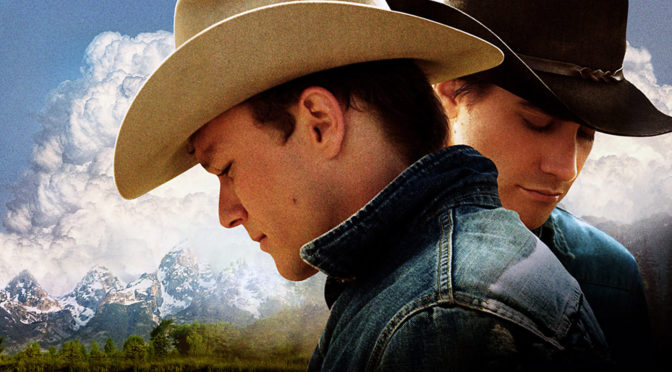
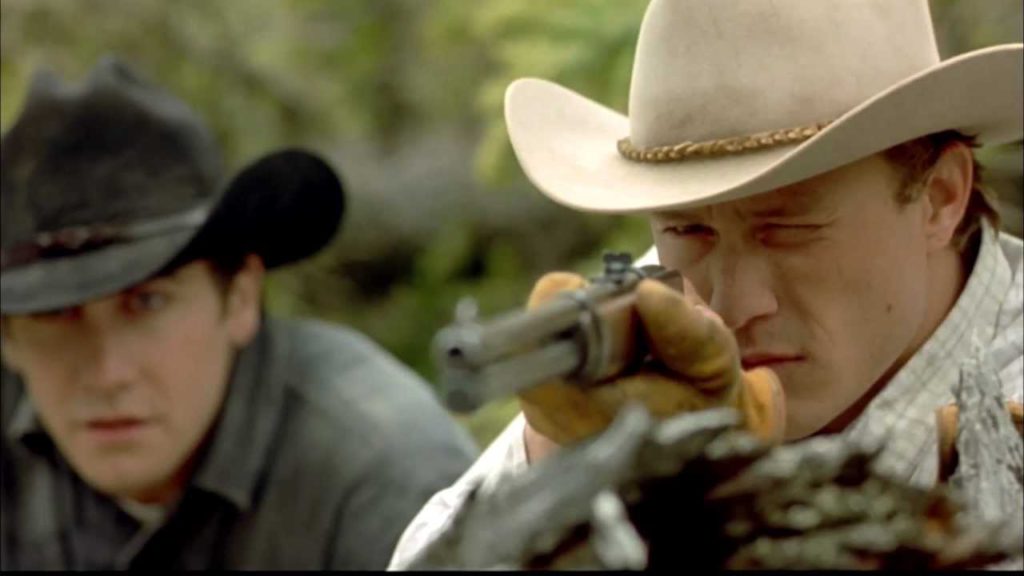
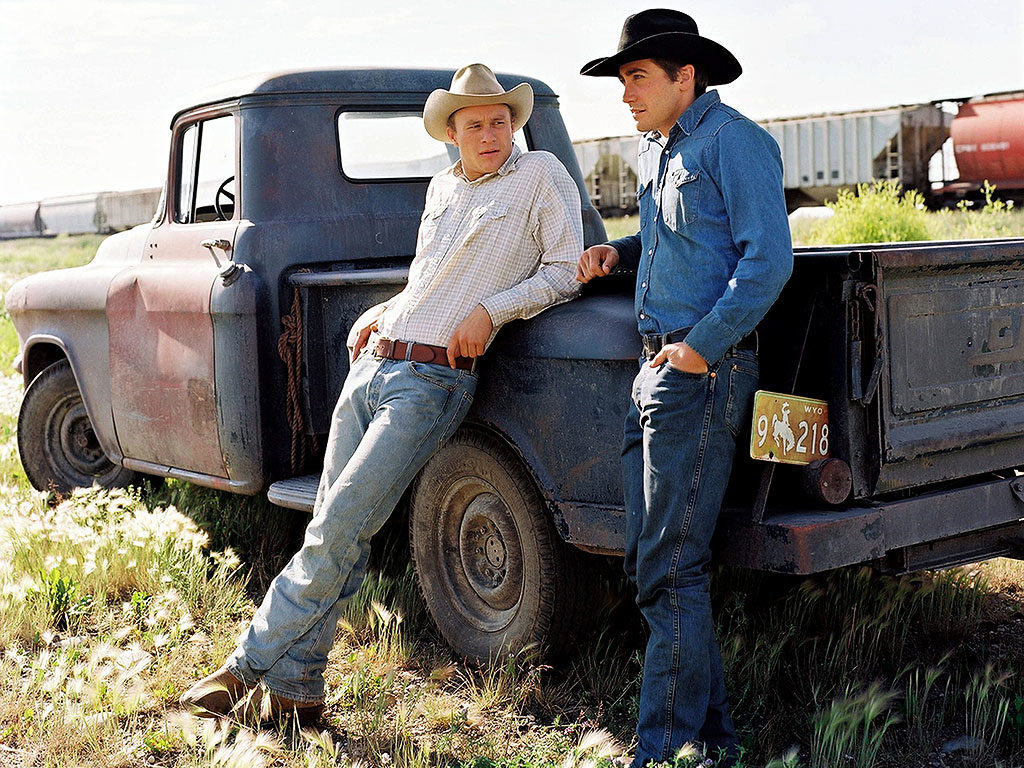
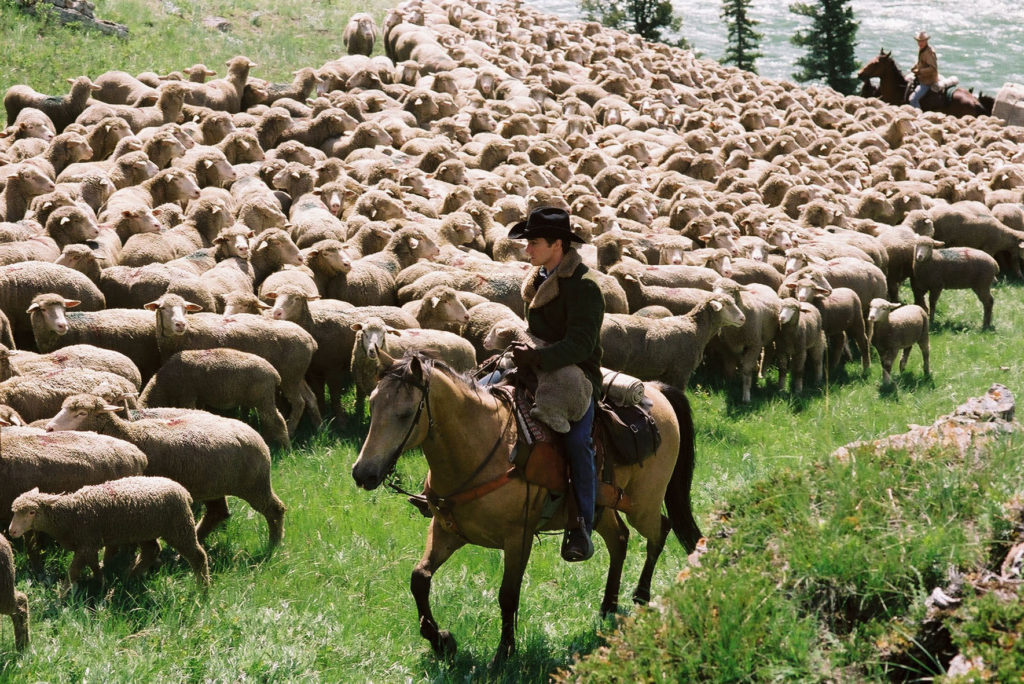
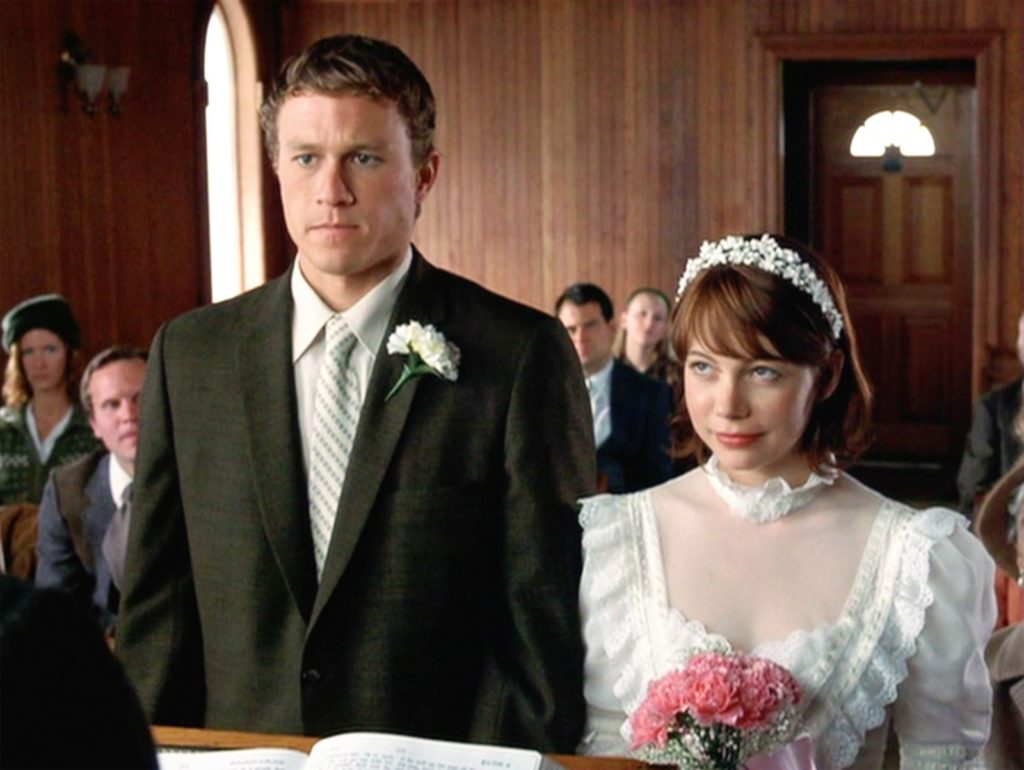
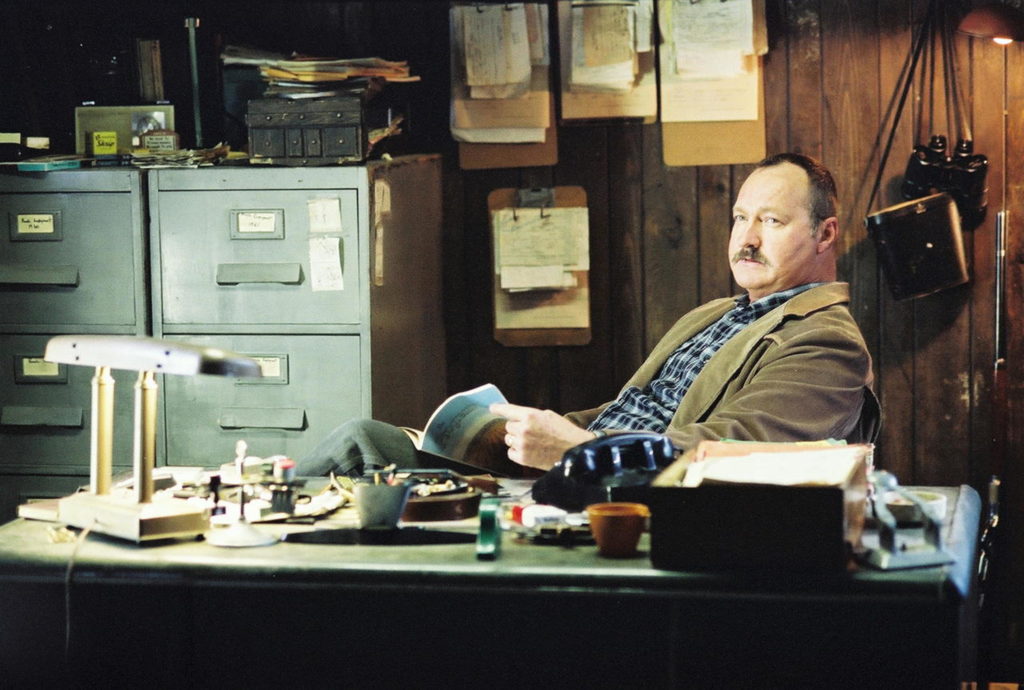
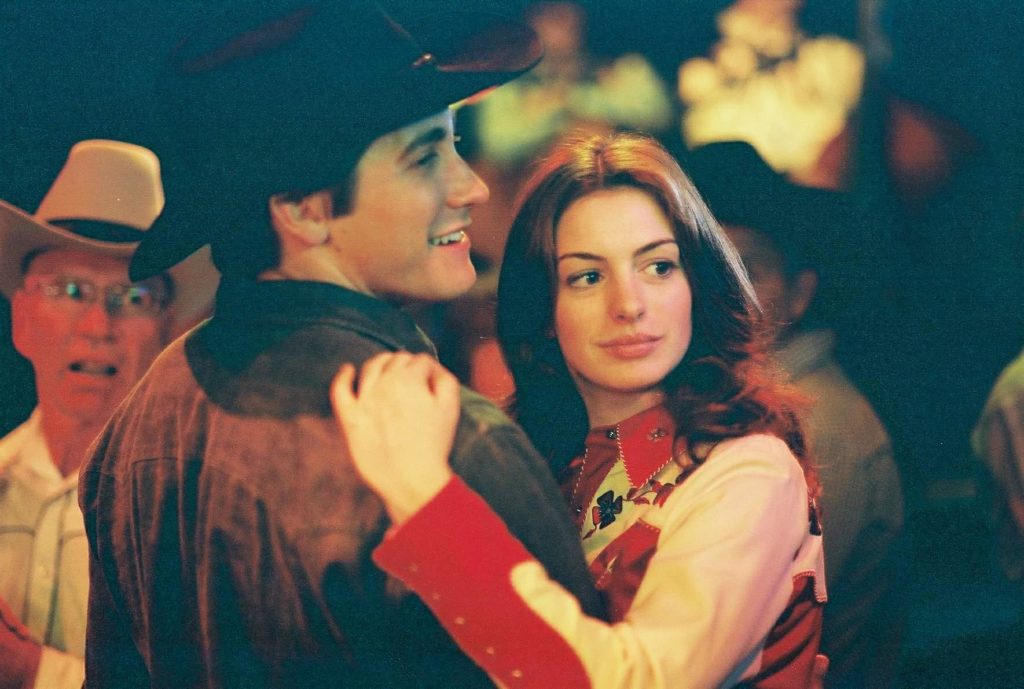
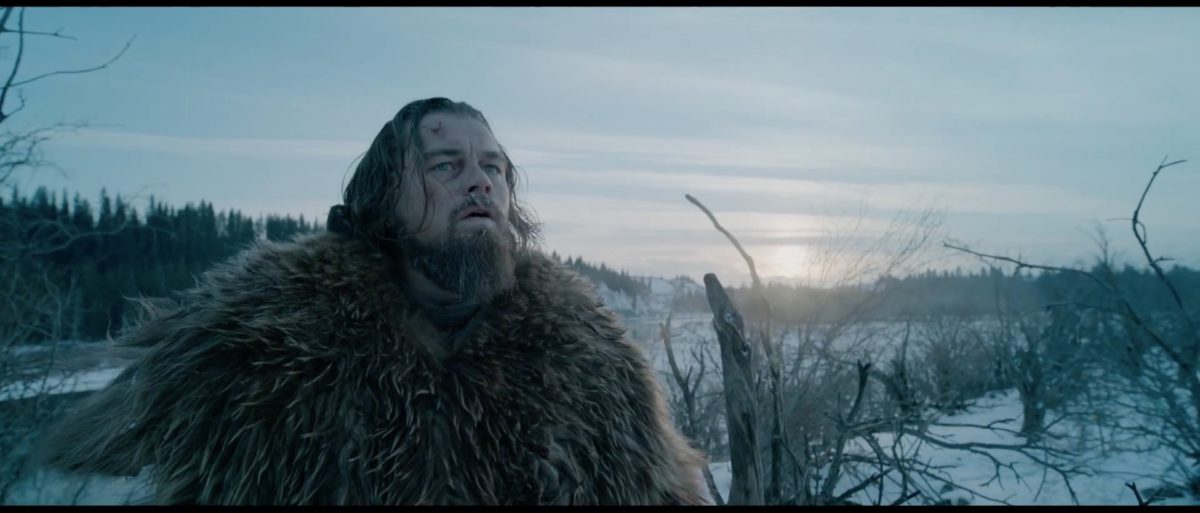
 If we’re going off of pure funniness, then the winner would be Blazing Saddles. I must admit that I saw this movie at much too young an age. I was a latch-key kid, spending several hours alone at home every night after school before my Mom and Dad got home from work. That gave me time to explore my parent’s collection of films. I probably saw this before I turned 12, but growing up in a town that is still to this day visibly divided by the railroad tracks, I understood the racial dynamic. I probably shouldn’t have been allowed to see it till High School, but I don’t think I was irreparably damaged. This is one of those films that has entered my vocabulary, one that my dad and I quote back and forth… “What’s a dashing urbanite like you doing in a rustic setting like this?”… “They darker than us!”… “Oh, lordy, lord, he’s desperate! Do what he sayyyy, do what he sayyyy!” Even though this film contains innumerable racial slurs, I think the point (if it has a point) is really about racial equality. The film is also quick to make references to other films and actors to make some of its gags. And since this was one of the few comedies in that home video library, I would watch it over and over again and was forced to do research on some of the jokes (Hedy Lamar, Randolph Scott, Cecil B. DeMille). Because of that, I owe a great deal of my love for film to this movie because it started me digging into the film industry.
If we’re going off of pure funniness, then the winner would be Blazing Saddles. I must admit that I saw this movie at much too young an age. I was a latch-key kid, spending several hours alone at home every night after school before my Mom and Dad got home from work. That gave me time to explore my parent’s collection of films. I probably saw this before I turned 12, but growing up in a town that is still to this day visibly divided by the railroad tracks, I understood the racial dynamic. I probably shouldn’t have been allowed to see it till High School, but I don’t think I was irreparably damaged. This is one of those films that has entered my vocabulary, one that my dad and I quote back and forth… “What’s a dashing urbanite like you doing in a rustic setting like this?”… “They darker than us!”… “Oh, lordy, lord, he’s desperate! Do what he sayyyy, do what he sayyyy!” Even though this film contains innumerable racial slurs, I think the point (if it has a point) is really about racial equality. The film is also quick to make references to other films and actors to make some of its gags. And since this was one of the few comedies in that home video library, I would watch it over and over again and was forced to do research on some of the jokes (Hedy Lamar, Randolph Scott, Cecil B. DeMille). Because of that, I owe a great deal of my love for film to this movie because it started me digging into the film industry. Standing in stark distinction to Blazing Saddles, I didn’t see The Princess Bride until I was in college. It is a movie that my kids have already seen and is also tremendously quotable. It has everything; action, adventure, humor, pirates, torture, and of course, true love. Cary Elwes delivers the most outstanding performance of his career as Westley, the love-struck servant to Buttercup (Robin Wright), a beautiful woman living in a misty romantic fantasy world. She also gives one of the best performances of her career in her film debut here as Princess Buttercup. The thing that makes this movie so great is the quality of comedy relief of the entire supporting cast. Wallace Shawn is absolutely hilarious as Vizzini, the bonehead villain who is completely convinced that he has the whole world figured out, Andre the Giant delivers a lumbering but highly impressive performance as Vizzini’s enormous, idiot sidekick, and my personal favorite, Mandy Patinkin creates one of the most entertaining and likeable characters to ever see the screen. “My name is Inigo Montoya! You killed my father! Prepare to die!”
Standing in stark distinction to Blazing Saddles, I didn’t see The Princess Bride until I was in college. It is a movie that my kids have already seen and is also tremendously quotable. It has everything; action, adventure, humor, pirates, torture, and of course, true love. Cary Elwes delivers the most outstanding performance of his career as Westley, the love-struck servant to Buttercup (Robin Wright), a beautiful woman living in a misty romantic fantasy world. She also gives one of the best performances of her career in her film debut here as Princess Buttercup. The thing that makes this movie so great is the quality of comedy relief of the entire supporting cast. Wallace Shawn is absolutely hilarious as Vizzini, the bonehead villain who is completely convinced that he has the whole world figured out, Andre the Giant delivers a lumbering but highly impressive performance as Vizzini’s enormous, idiot sidekick, and my personal favorite, Mandy Patinkin creates one of the most entertaining and likeable characters to ever see the screen. “My name is Inigo Montoya! You killed my father! Prepare to die!”